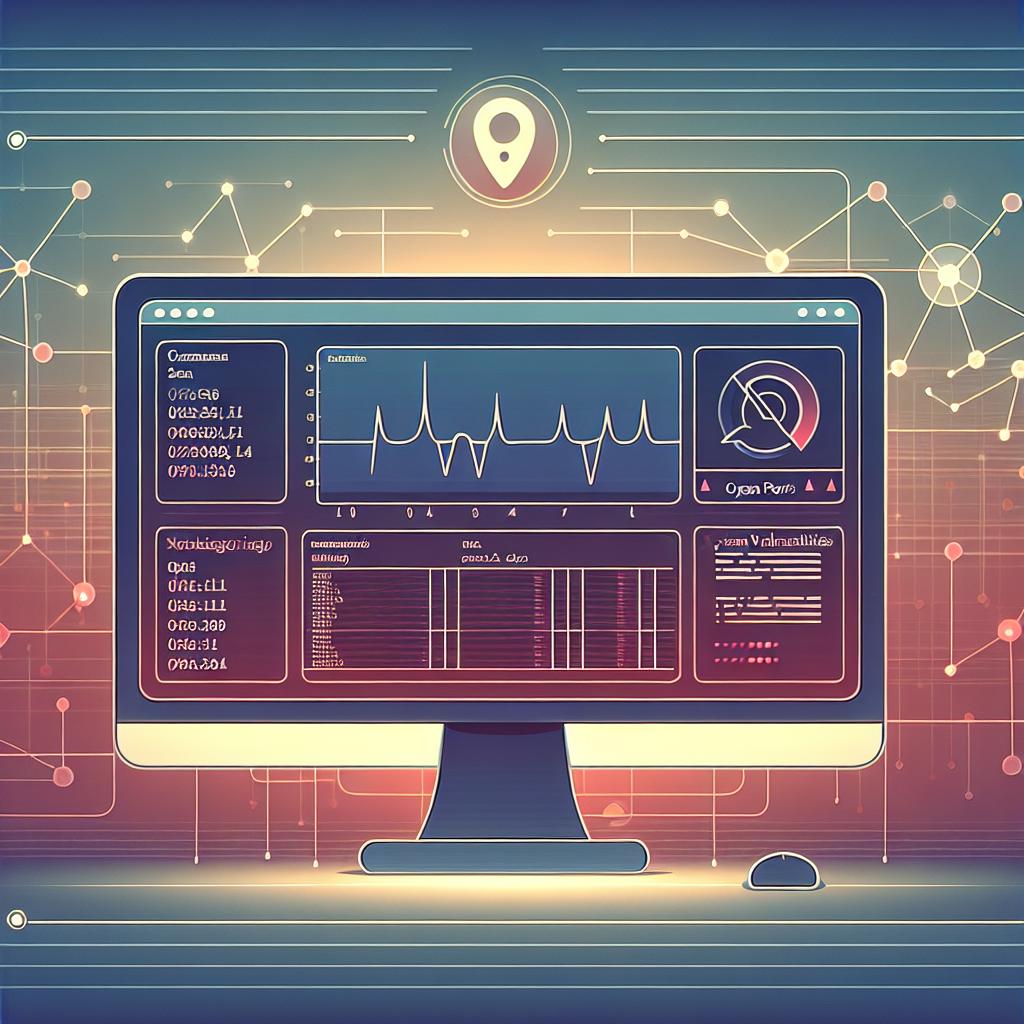Network security has always been crucial for businesses of all sizes, but in today's digital age, it is more important than ever. With hackers constantly seeking new ways to exploit vulnerabilities online and cybercrime on the rise worldwide, organizations that fail to prioritize network security are putting their sensitive data at risk.
In this article, we will discuss why network security must be a top priority for every business and provide some tips for keeping your organization safe from cyber threats.
Firstly, let us consider what is meant by "network security." Network security involves implementing measures to protect computer networks from unauthorized access or attacks. These measures can include firewalls, antivirus software, encryption techniques and regular vulnerability assessments to identify potential risks before they become major problems.
The problem with ignoring network security is that once criminals gain access to a company's system - through methods such as phishing scams or malware infections - they may be able to steal customer information like credit card details and social insurance numbers. This not only puts customers’ privacy at risk but also makes organizations vulnerable to lawsuits and costly legal penalties when breaches occur due to lack of adequate protection.
For example, Target Corporation experienced one of the largest retail cybersecurity breaches in history back in 2013 when around 40 million customers' payment cards were compromised during the holiday shopping season. The breach cost Target over $202 million which included various costs related remediation efforts ranging from paying fines levied by financial institutions for fraudulent transactions on accounts compromised during the breach; losses linked directly; lost sales as well as both long man-hours spent investigating how attackers gained entry into their systems as well compensation claims made by affected consumers.
Another reason why network security should be given high priority is that cyberattacks have increased dramatically over recent years with no signs showing an end soon. Due largely to COVID-19 pandemic conditions under which most people currently work from home — increasing levels of critical data being stored in cloud platforms while employees use personal devices to access company resources over public Wi-Fi networks. Hackers are leveraging this new normal of “working from home” to overcome existing security measures, making it essential for businesses to implement robust network security protocols.
Here are five tips that can help organizations meet the demands of securing their computer systems and data:
-
Enforce strong passwords throughout your organization - This is one of the easiest steps you can take toward achieving greater network security. Require employees to use complex passwords with a combination of letters, numbers and symbols; require regular password changes as well as employing password managers across all company devices.
-
Regularly update your software - Outdated software provides cybercriminals with an easy way into your system – letting them exploit flaws that might have been fixed in newer versions.
-
Conduct regular vulnerability assessments- Find ways hackers could get into your systems before they do by regularly scheduling penetration tests against each node or device on which confidential information is stored.
-
Provide employee education regarding cybersecurity awareness: Train employees using examples (like phishing scams) so they can easily recognize threats when they arise.
-
Implement a multi-layered defense-in-depth strategy: At its core, this means deploying multiple protection layers made up of anti-virus programs, firewalls, intrusion detection/prevention technologies and endpoint protection tools like advanced encryption algorithms designed especially for protecting information transmitted through remote channels.
In conclusion, as technology continues at breakneck speeds so too does hacking attempts aimed at exploiting vulnerabilities present therein which potentially makes every business vulnerable to attacks leading severe results such as permanent loss of critical data or long-term financial impact due cybersecurity breach risks heightening day-by-day . Therefore we should prioritize giving utmost importance to network security no matter its cost in order protect our sensitive corporate assets effectively while ensuring our digital infrastructure remains secure and robust enough against potential threats 24/7/365!



